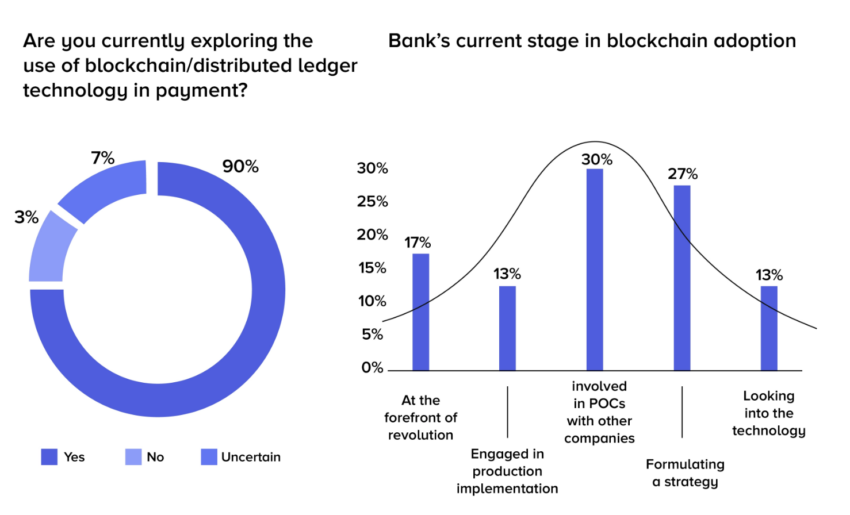Staci Warden, the CEO of Algorand, believes tokenization could ensure that crypto survives. For this to become a reality, banks and counterparties must move harmoniously, even as companies like Chainlink try to lead the charge for cross-chain interoperability.
Speaking at the Financial Times Crypto and Digital Assets Summit, Warden said it is good for banks to adopt blockchains. Still, the technology won’t transform financial plumbing unless all players move at the same time.
How Tokenization Creates New Markets
People who are not accredited investors or high net-worth individuals cannot participate in certain parts of the economy. This ineligibility is a niche where tokenization can create new markets that trade fractions of high-value assets, adding additional liquidity to the space.
Read more: What is The Impact of Real World Asset (RWA) Tokenization?
Some opportunities take advantage of back-office inefficiencies. An airline in Argentina called FlyBondi is working to tokenize tickets.
The blockchain allows the airline to tokenize a ticket. The original buyer can sell this tokenized asset on a secondary marketplace if they no longer need it, Warden said.
“You’re creating a secondary market in something that’s quite illiquid, in this case not available to you at all. And that is where I think one of the areas is very exciting for the tokenization of assets.”
She said that the tokenization process is trivial compared to whether one can consider a stablecoin crypto, for example, as a valid bearer of value. Whether stablecoins could be regarded as cash for on-chain settlements is a subject of regulatory complexity in Europe. She added that stablecoins if they represent fiat money, call into question the need for central bank digital currencies.
Read more: What is Tokenization on Blockchain?
Tokenization Needs Blockchain Standards
For banks and other institutions to adopt blockchains at scale, they need a way for different networks to communicate. Otherwise, they will not enjoy the many efficiencies of blockchain settlements.

The Society for Worldwide Interbank Financial Telecommunication (SWIFT) is an example of a system that allows banks to exchange messages securely and quickly. It allows banks to communicate according to a global standard, but banks still have to carry out the necessary clearing and settlements for transfers. These functions introduce inefficiencies.
Similarly, for blockchains to become effective means to transfer assets, they must be able to communicate with each other according to a globally accepted standard. Only then will institutions realize the full benefits of settlement efficiency.
Chainlink, a company that develops channels for blockchains to receive data from the real world, recently went live with a new Cross-chain Interoperability Protocol (CCIP). The protocol launched on the Chainlink mainnet, Ethereum, Avalanche, Optimism, and Polygon.
The goal of the protocol is to allow seamless data exchange between blockchains. It has an Active Risk Management (ARM) Network and active rate limits as security measures.
These measures negate risks of so-called bridges that link blockchains that were subject to multi-million dollar hacks in the past. But for the CCIP to become as widely accepted as SWIFT, users must answer some complex regulatory questions. The Bank of Italy is running a pilot that could answer some of the regulatory questions on the issue of the cash value of tokenized assets, Warden said.
Disclaimer
In adherence to the Trust Project guidelines, BeInCrypto is committed to unbiased, transparent reporting. This news article aims to provide accurate, timely information. However, readers are advised to verify facts independently and consult with a professional before making any decisions based on this content. Please note that our Terms and Conditions, Privacy Policy, and Disclaimers have been updated.
 beincrypto.com
beincrypto.com